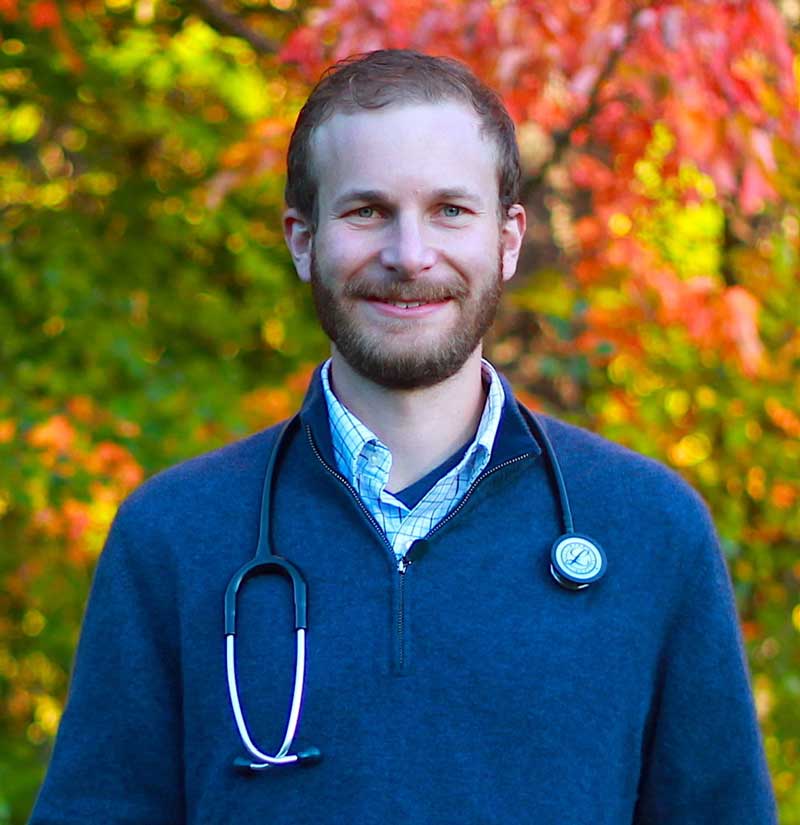By Dr. Oren Gersten
Medicare for all has become a household phrase. Depending on which side of the aisle one’s political persuasions fall, hearing it will likely draw praise or scorn. Like so many things in American politics, health care has become a wedge issue meaning it’s more likely to divide than unite. Whether Medicare for All becomes the law, there are topics in health care that are just as important that often get overlooked.
TRUST

One important topic is trust. For people currently receiving Medicare an “annual wellness visit” does not cover any type of physical exam by a doctor. Many seniors leave these visits confused as to why Medicare does not value one of the most basic aspects of the doctor patient relationship.
PAPERWORK
Another important topic is the burden of paperwork physicians are required to do. Medicare generates huge amounts of paperwork. Much of this does not help patients heal or feel better, and certainly does not help physicians in those areas. If we extend this top-heavy administrative structure across the population, there may not be any physicians saintly enough to take on such a task.
HEALTH INSURANCE IS NOT HEALTH CARE
If health insurance is granted to everyone it means one ‘could’ see a doctor. It does not mean they will, nor does it mean if they do that it will be a favorable experience. This is a common misconception in the US where health insurance has become synonymous with health care. Health insurance is a card in your pocket, health care is a provider who you know and trust. Especially in the U.S., it’s easy to have one without the other.

Every day I take care of folks without insurance, who choose to pay a low monthly membership fee to access great primary care. I also regularly meet folks who have had insurance for years but never used it to go see a doctor due to high co-pays, deductibles, or simply the challenge of finding time to see a doctor. Others may not have health insurance, so they put off care and then are forced to access the health care system through emergency departments—one of the costliest ways to receive care.
HEALTH CARE EQUALITY
It is no wonder that with such variation in access to care that people are stunned and perplexed by our overly complicated system. I believe that providing more people with insurance to pay for their care is a step towards health care equality. I also think if we overlook the elements of trust and administrative burden to health care workers this equality may be of limited value. By discussing the substance of the issue rather than the political talking points we will build a health care system to be proud of.





